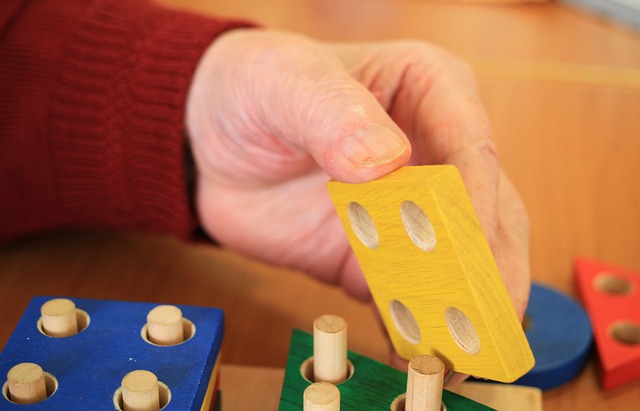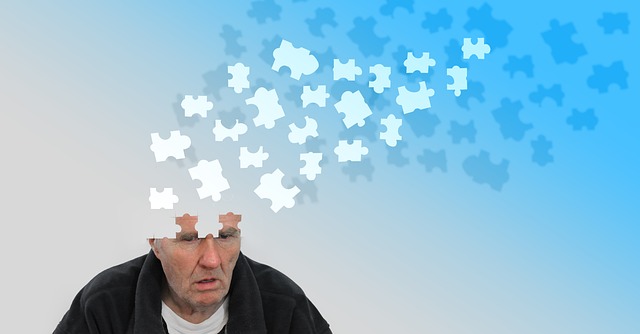Dementia is a complex condition that affects not only cognitive abilities but also emotional well-being. Providing healing-centered care to individuals living with dementia can significantly enhance their quality of life and overall well-being. In this article, we will explore the essential role of healing in dementia care, highlighting its benefits and practical strategies for implementing healing approaches.
Understanding the Role of Healing in Dementia Care
- Emotional Well-being: Dementia can lead to emotional distress, anxiety, and agitation. Healing-centered care focuses on addressing these emotional needs, promoting a sense of calmness, security, and emotional well-being for individuals with dementia.
- Improved Communication: Healing approaches emphasize effective communication techniques, such as using a calm and reassuring tone, active listening, and non-verbal cues. These strategies foster better communication and help individuals with dementia feel understood and valued.
- Enhanced Quality of Life: Healing-centered care aims to enhance the overall quality of life for individuals with dementia by promoting a positive and supportive environment. It focuses on meaningful activities, personalized engagement, and the preservation of dignity and autonomy.
- Reduction of Behavioral Symptoms: Healing approaches can contribute to a decrease in challenging behaviors often associated with dementia, such as aggression, restlessness, and resistance to care. By addressing underlying emotional needs, healing interventions can help manage and reduce these symptoms.
Strategies for Implementing Healing Approaches in Dementia Care:
- Creating a Calm and Safe Environment: Design the physical environment to be dementia-friendly, with soothing colors, clear pathways, and familiar objects. Minimize noise and distractions to promote a sense of calmness and security.
- Validation and Empathy: Practice validation techniques that acknowledge and validate the emotions and experiences of individuals with dementia. Show empathy and understanding, even when their reality may differ from yours.
- Therapeutic Activities: Engage individuals with dementia in meaningful and therapeutic activities tailored to their interests and abilities. These can include reminiscence therapy, music therapy, art therapy, and gentle exercises. These activities promote engagement, cognitive stimulation, and emotional well-being.
- Mind-Body Interventions: Introduce relaxation techniques such as guided imagery, meditation, aromatherapy, and gentle touch therapies. These approaches can help reduce anxiety, promote relaxation, and enhance overall well-being.
- Incorporate Nature and Sensory Stimulation: Create opportunities for individuals with dementia to connect with nature, whether through outdoor walks, indoor gardens, or sensory stimulation activities that involve textures, scents, and sounds.
- Supportive Caregiver Relationships: Provide training and support for caregivers to ensure they are equipped with the knowledge and skills needed to deliver healing-centered care. Encourage open communication, active listening, and empathy in caregiver interactions.
Conclusion
Healing-centered care plays a vital role in dementia care, focusing on emotional well-being, improved communication, enhanced quality of life, and the reduction of behavioral symptoms. By implementing healing approaches, caregivers can create a nurturing environment that promotes dignity, autonomy, and emotional comfort for individuals living with dementia. Incorporating strategies such as creating a calm environment, practicing validation and empathy, engaging in therapeutic activities, and utilizing mind-body interventions can positively impact the overall well-being and quality of life of those with dementia. By recognizing the role of healing in dementia care, we can transform the caregiving experience and enhance the lives of individuals living with this challenging condition.
Dementia
-

Recognize the Dementia Symptoms: When to See a Doctor
Dementia is a progressive condition that affects millions of individuals worldwide. Recognizing the early signs and symptoms of dementia is crucial for timely diagnosis and appropriate medical intervention. In this article, we will provide an overview of common dementia symptoms and highlight the importance of seeking medical attention when these symptoms arise. By understanding the…







Leave a Reply